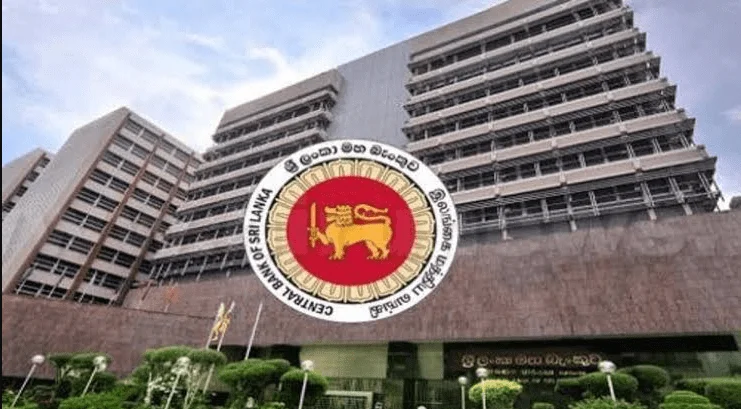The details of a now-completed Know-Your-Customer (KYC), proof-of-concept initiative were described in a report submitted to Sri Lankan central bank governor Ajith Nivard Cabraal on Monday.

Three partners worked on the project with Sri Lanka’s central bank, also known as the CBSL, to develop the Blockchain-based KYC platform concept. The CBSL and ten regional and international commercial banks, including Amana Bank, Bank of Ceylon, Cargills Bank, Commercial Bank of Ceylon, DFCC Bank, Hatton National Bank, HSBC, National Development Bank, People’s Bank, and Standard Chartered Bank, tested the KYC platform.
The team began working on the project in July 2019 and finished developing and testing the experimental platform on June 10 of this year.
“We invited software companies to develop a shared KYC PoC free of charge, as a national project. The response to join this project, both locally and internationally, has been extremely heartening and we are happy to say that we have finalised selecting suitable applicants to begin development shortly,” stated Central Bank Director Payments and Settlements D. Kumaratunge.
The project was part of a wider Sri Lankan government initiative called Vistas of Prosperity and Splendor, which was launched as part of the country’s National Policy Framework.
According to Crypto Daily UK, Namal Rajapaksa, Minister of Project Coordinating and Monitoring, suggested a new “Crypto Committee” to oversee the investigation into the feasibility of incorporating blockchain and cryptomining into Sri Lanka’s aspirations to establish a more digital society.
Sri Lanka, like many other countries throughout the world, has faced significant economic consequences as a result of the current global epidemic. According to government figures, the country is now recovering from its -16.4 GDP growth in Q2 2020. However, it has lost nearly $400 million in tourism revenue and $1.3 billion in abroad employment as a result of the pandemic.
The recent economic turbulence in Sri Lanka appears to be the driving force behind the country’s interest in cryptocurrency and the government’s new foray into KYC technology. In 2021, the volume of the Sri Lankan Rupee on the peer-to-peer exchange Paxful skyrocketed. The country’s surge in cryptocurrency trading and investing prompted the Sri Lankan government to issue a public warning about the risks of investing in cryptocurrencies.
The Sri Lankan government’s crypto-focused investigation mirrors regulatory moves taken by countries around the world. Many in the US blockchain business are concerned about a tax provision in US President Joe Biden’s stalled Infrastructure package. In July, the EU announced the formation of a new body to combat money laundering and enhance transparency in bitcoin, as reported by Reuters.
Since being placed on the G7’s intergovernmental Financial Action Task Force, or FATF “Grey List” in 2016 for non-compliance in four areas: international cooperation, supervision, legal persons and arrangements, and targeted financial sanctions on proliferation, the CBSL has taken stronger regulatory steps. In October of 2019, the country was removed from FAFT’s grey list.
